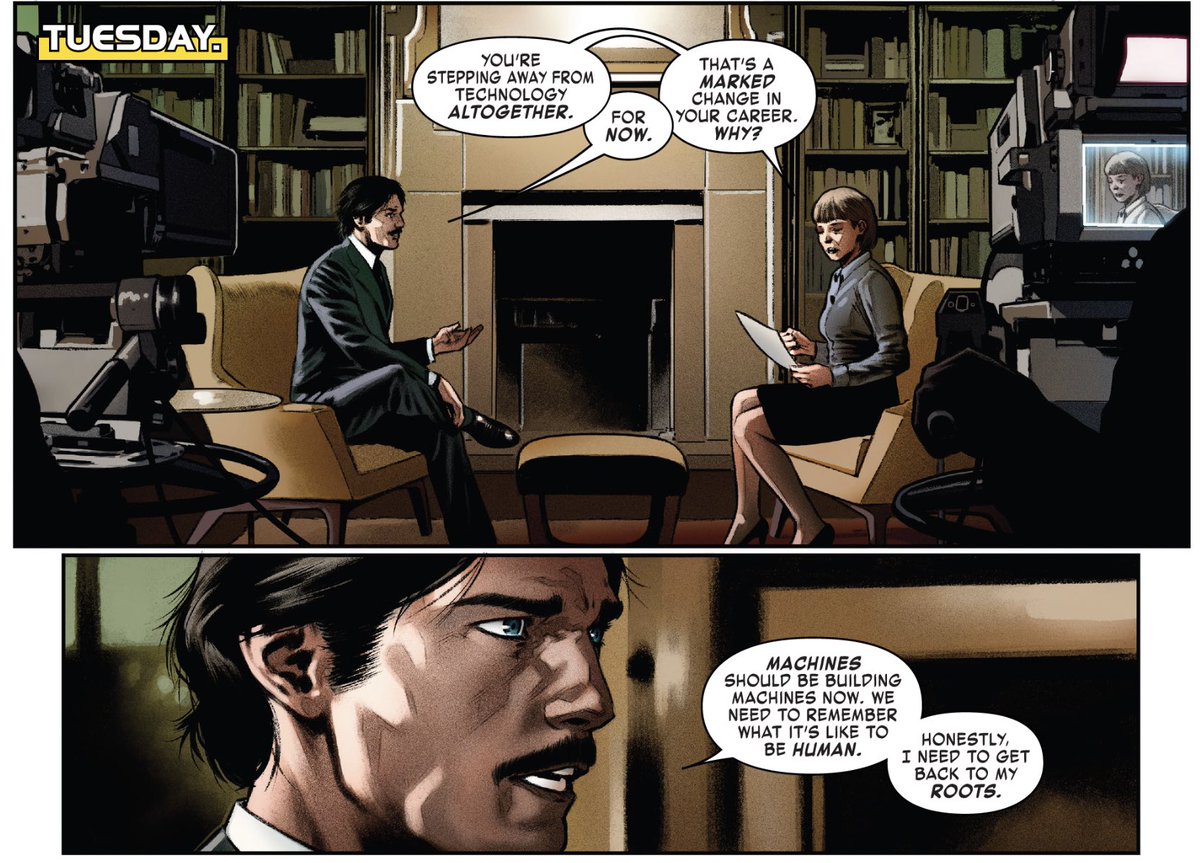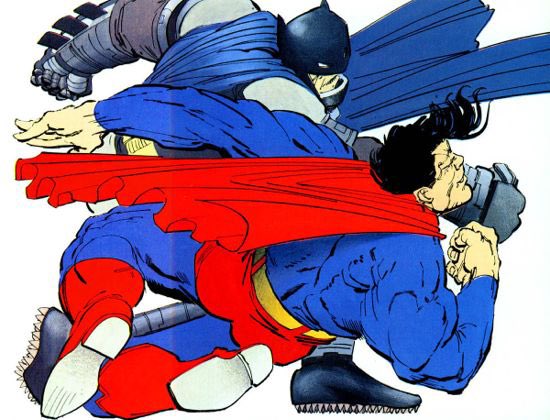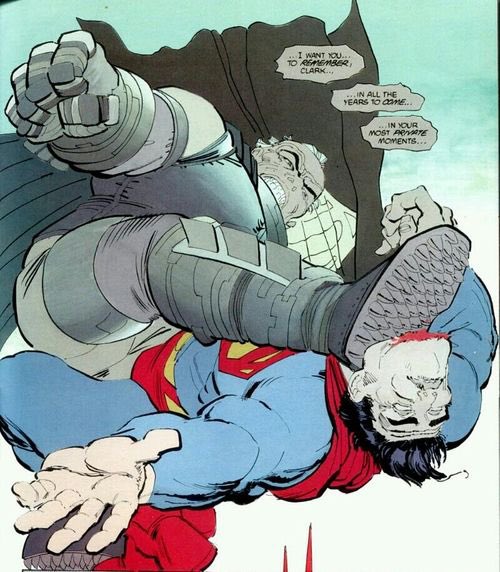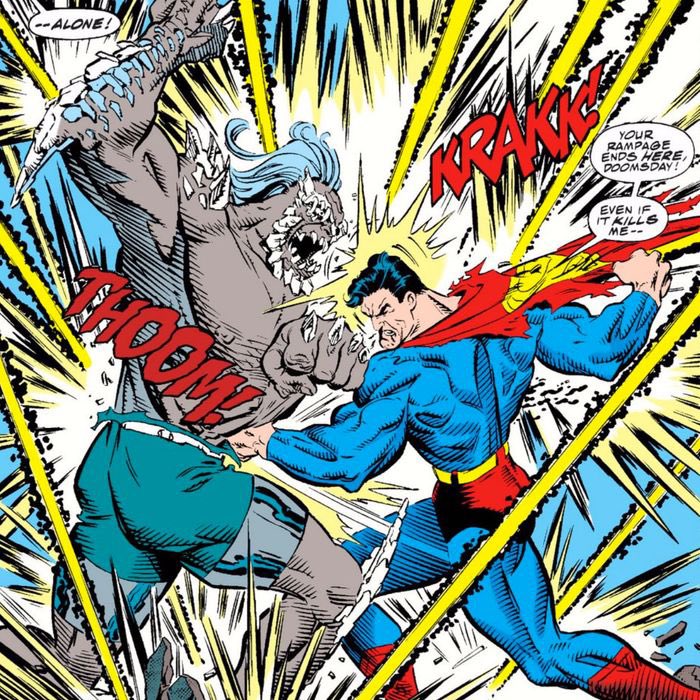
“A Good Man Goes to War” is very much about the idea that the Doctor probably shouldn’t be (or at least shouldn’t primarily be) an unstoppable universal force like “the Oncoming Storm.”
It’s something of a deconstruction of Davies’ post-Time War characterisation of the Doctor.
It’s something of a deconstruction of Davies’ post-Time War characterisation of the Doctor.
https://twitter.com/vacuumcomments/status/1527237603359064064
It’s very much a deconstruction of the angsty “darker and edgier” version of “Doctor Who” that could be seen to extend from having a protagonist who committed multiple premeditated genocides.
It drops him into a rape revenge narrative, and points out how that just doesn’t work.
It drops him into a rape revenge narrative, and points out how that just doesn’t work.
It doesn’t work because he’s a children’s television character, and isn’t fit for purpose.
It’s deliberate how uncomfortable the Eleventh Doctor feels dealing with this stuff, and very pointed that his attempt to raise an army to solve a problem through force… doesn’t work.
It’s deliberate how uncomfortable the Eleventh Doctor feels dealing with this stuff, and very pointed that his attempt to raise an army to solve a problem through force… doesn’t work.

It’s very overtly Moffat engaging with Davies’ work on #DoctorWho, and it’s very clearly drawn from the same impulse as rewriting the Time War in “The Day of the Doctor” or deconstructing the Doctor’s mindwipe of Donna in “Hell Bent.”
All of which is really great stuff.
All of which is really great stuff.
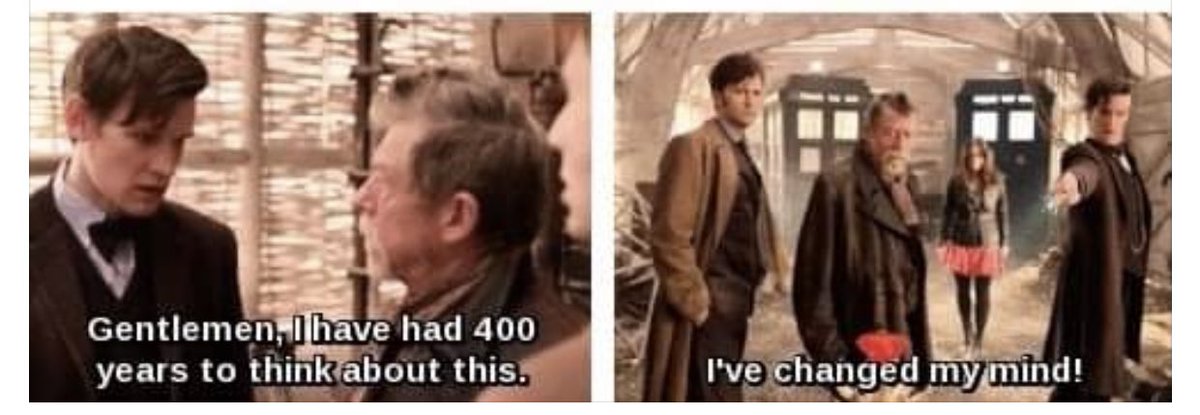
• • •
Missing some Tweet in this thread? You can try to
force a refresh



